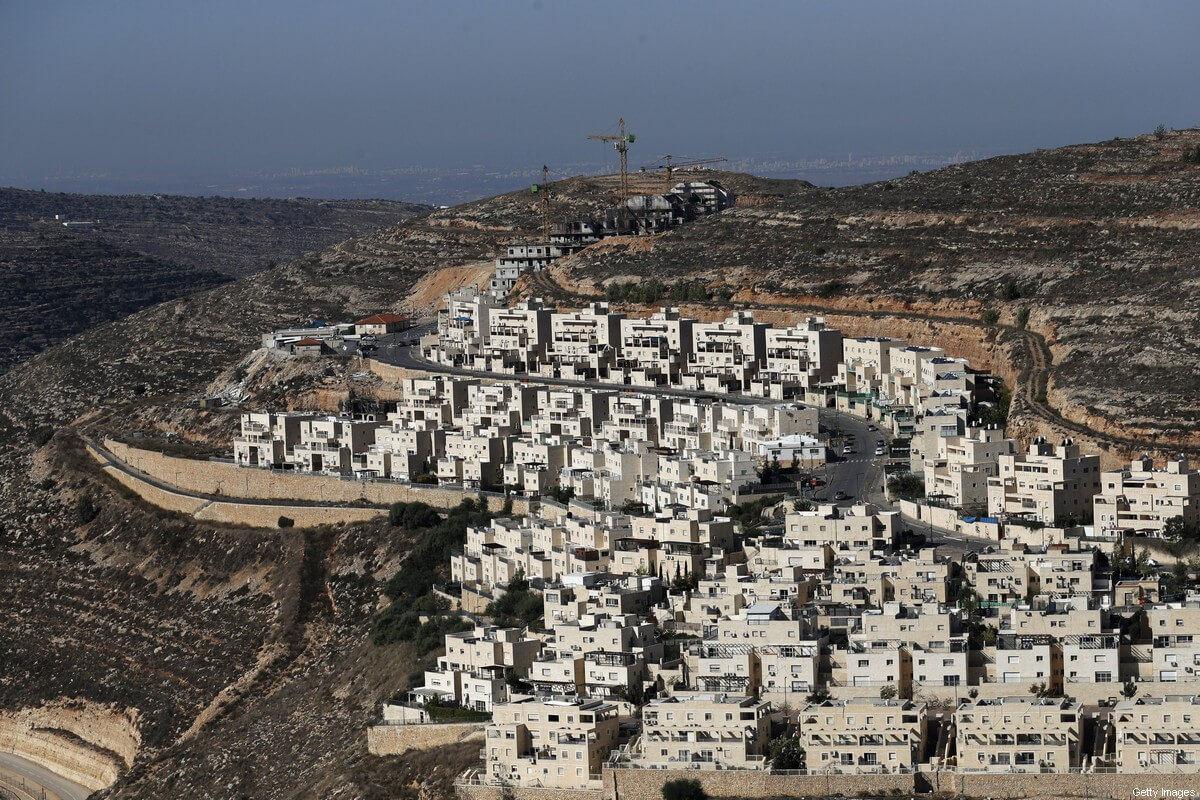Israel’s newly formed government led by Prime Minister (PM) Naftali Bennett has approved building projects in several West Bank settlements for the first time in six months.
On Wednesday, the High Planning Sub-committee of the Defence Ministry’s Civil Administration gave the go-ahead to construct 31 projects in the Israeli settlements of Ma’aleh Adumim, Mishor Adumim, Kfar Adumim, Elkana, and other places in the West Bank. The plan includes a small number of housing units, parks, malls, schools, synagogues, and other commercial building projects.
Out of the 31 projects, 18 have already received final approval from the sub-committee responsible for approving smaller construction plans in the settlements. Larger projects are approved by the High Planning Council, which has not convened since January. According to Haaretz, the last time the Council approved projects in settlements was in October, when it gave the green light to construct 2,800 housing units.
The Yesha Council, an umbrella organisation of municipal councils of Israeli settlements in the West Bank, demanded that the sub-committee approve additional projects in the settlements, including large-scale homes and not just public buildings. “What has been approved today is not the construction of housing units and not a meeting of the High Planning Council. We have been waiting for six months for approval of plans for houses, and this hasn’t happened yet,” the Council said in a statement.
However, the Chairman of the Joint List of Arab parties, Aymen Odeh, condemned the Israeli government’s move, saying that it would “sabotage the prospect of peace and deepen the occupation, oppression and dispossession of millions of Palestinians.” Taking a dig at Israel’s new government—an ideologically fragmented unit of parties from the left, right, and centre—Odeh said the left “surrenders to the right,” and the right continues with their illegal settlement expansion policies. “Only the end of the occupation and just peace will bring equality, democracy and social justice to both peoples,” he added.
Also Read: Israeli Parliament Approves New Government, Bennett Unseats Netanyahu as PM
The approval for the projects come as the Israeli Supreme Court (SC), on Wednesday, upheld the Israeli military’s decision to demolish the family home of Muntasser Shalaby, who had carried out a deadly drive-by shooting that left one Israeli civilian dead in the West Bank in May. The SC’s decision is in line with the Israeli policy of destroying the homes of Palestinians responsible for carrying out violent attacks against Israel.
Israel states that the demolitions act as a deterrent against future attacks. At the same time, critics of the policy have argued that it is a form of collective punishment, and many innocent Palestinians are badly affected by the demolitions. Israel’s Internal Ministry released a report in 2004 questioning the efficacy of the demolitions in halting attacks. In response, the government had put an end to the practice for almost a decade. However, Israel resumed the policy in 2014 after three teenagers were kidnapped and killed in the West Bank.
Most of the international community considers Israeli construction activities in the West Bank to be “illegal” and against international law. Israel adopted a settlement expansion policy in the captured territories—West bank and the Gaza Strip— in the 1967 Arab-Israeli war, popularly known as the Six-Day war.
The International Court of Justice said the Israeli settlements violate the Fourth Geneva Convention, which states that an occupying power “shall not deport or transfer parts of its civilian population into the territory it occupies.” In 2016, the United Nations Security Council passed Resolution 2334, calling Israeli settlements “a flagrant violation under international law and a major obstacle to the vision of two States living side-by-side in peace and security.”

